Early Detection Diagnostics
-
Facebook
-
Twitter
-
Linkedin
Early detection and diagnostics play a crucial role in improving cancer outcomes by identifying the disease at its earliest, most treatable stages. Advances in imaging, blood tests, and biomarker analysis enhance accuracy, leading to timely interventions and better survival rates.

Microultrasonography for Prostate Cancer Detection Matches MRI/US-Fusion
Noninferiority for clinically significant cancers suggests alternative for areas without MRI

Type 2 diabetes increases risk of liver and pancreatic cancers, study shows
Chance of developing some of the most lethal tumours up to five times higher in women recently diagnosed with condition
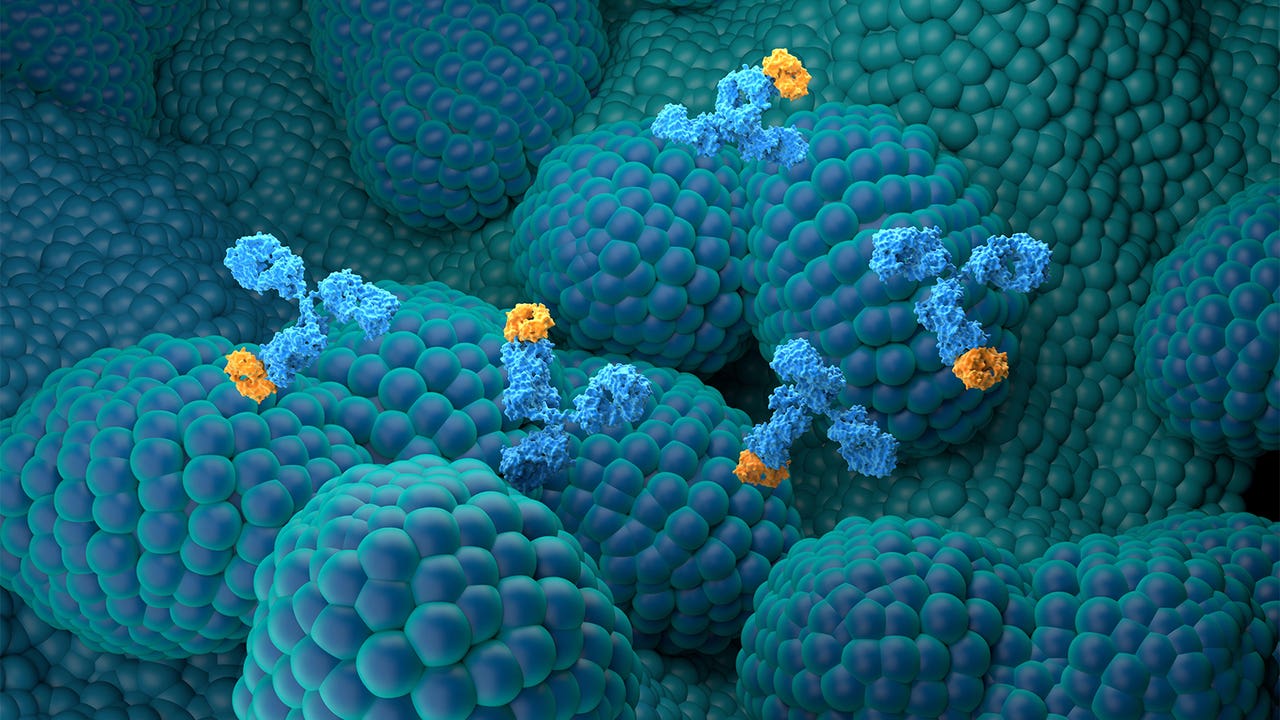
End of the Road for Immune Checkpoint Inhibitors in Prostate Cancer?
No survival benefit in CRPC when added to chemo; experts divided about need for more studies

Genetic mutation predicts pancreatic cancer metastasis and survival
A new study by Mayo Clinic Comprehensive Cancer Center researchers found that the presence of a specific genetic mutation—KRAS circulating tumor DNA (ctDNA)—strongly indicates a higher risk of cancer spread and worse survival rates for patients with pancreatic ductal adenocarcinoma (PDAC).

Nearly 100% of cancer identified by new AI, easily outperforming doctor
In what’s expected to soon be commonplace, artificial intelligence is being harnessed to pick up signs of cancer more accurately than the trained human eye. This latest AI model has a near 100% success rate and serves as a clear sign of things to come.

9 Foods A Cancer Dietitian Avoid #1 Increases The Risk Of 6 Different Cancers!
It’s no secret that your diet is one of the most crucial components of your health, playing a role in every area of your wellbeing. The foods you eat can even contribute to or reduce your risk of disease, including cancer; certain foods have been linked to an increased risk of cancer, while others can help support a healthy, disease-fighting body.

AI tool helps predict who will benefit from focal therapy for prostate cancer
A study led by UCLA investigators shows that artificial intelligence (AI) could play a key role in improving treatment outcomes for men with prostate cancer by helping physicians determine who is most likely to benefit from partial gland cryoablation, a minimally invasive procedure that treats localized prostate tumors.
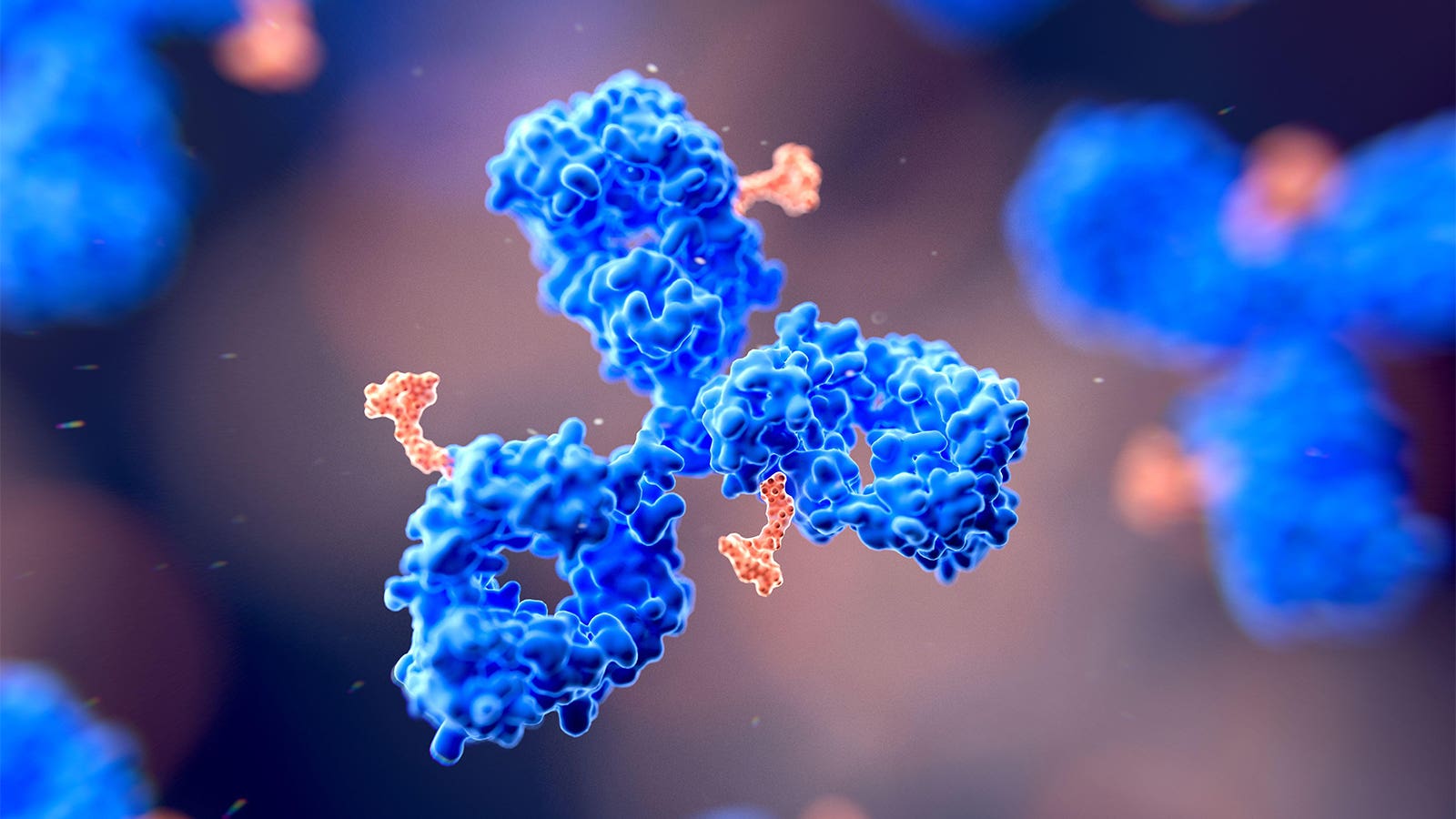
Better Response, Survival in Head and Neck Cancer With Dual Pre-Op Immunotherapy
Four times as many major responses versus single agent, potential for biomarker-guided treatment
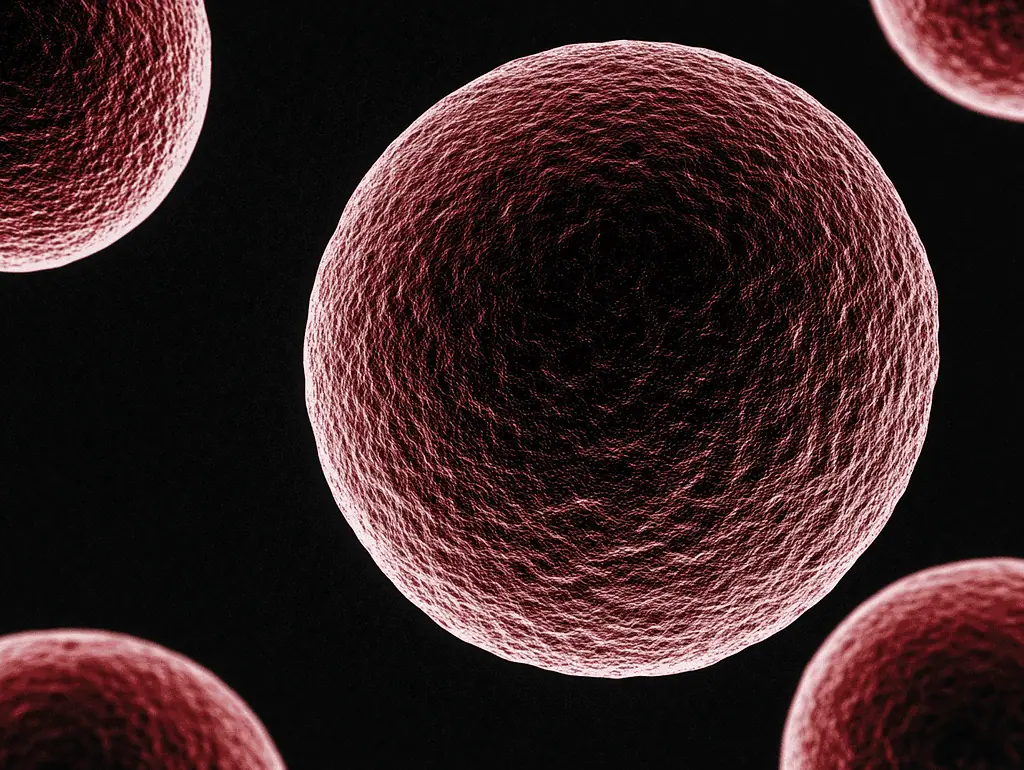
Cambridge Scientists Develop Urine Test for Early Lung Cancer Detection
Researchers from Cambridge University have developed a first-of-its-kind test that can pick up “zombie cells”, linked to the early stages of lung cancer.

New AI tool visualizes a cell’s ‘social network’ to help treat cancer
A first-of-its-kind artificial intelligence (AI)-based neural network can rapidly analyze and interpret millions of cells from a patient sample, predicting molecular changes in the tissue.

Gold nanoparticles take cancer treatment to the next level with imaging tech
Imagine if doctors could see exactly where cancer medicine goes inside your body, how long it stays, and whether it reaches the tumor effectively.

Scientists find causes of major types of cancer
Many of the most common cancers in the United States are influenced by human choices.

Scientists find root cause of deadly ovarian cancer
Researchers have discovered the likely origin of a deadly form of ovarian cancer, offering new hope for early detection and better treatments.
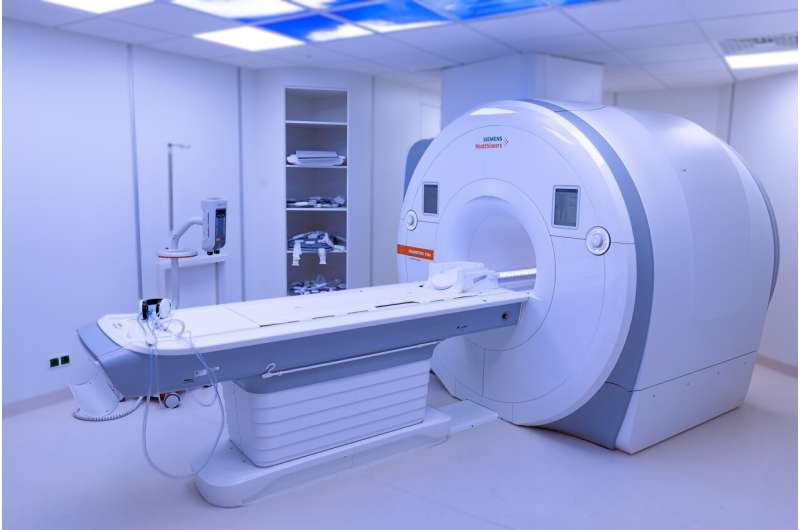
Pittsburgh hospital using new cancer-fighting technology, machine 1 of 15 in entire country
The Elekta Unity MR-LINAC system, used at Allegheny General Hospital, combines MRI imaging with radiation therapy to target cancerous cells.

Rapid Gene Test Aids Brain Cancer Surgery
WEDNESDAY, Feb. 26, 2025 (HealthDay News) — A rapid experimental genetic test can help guide the hands of surgeons as they delicately remove tumors from patients with brain cancer, new research suggests.
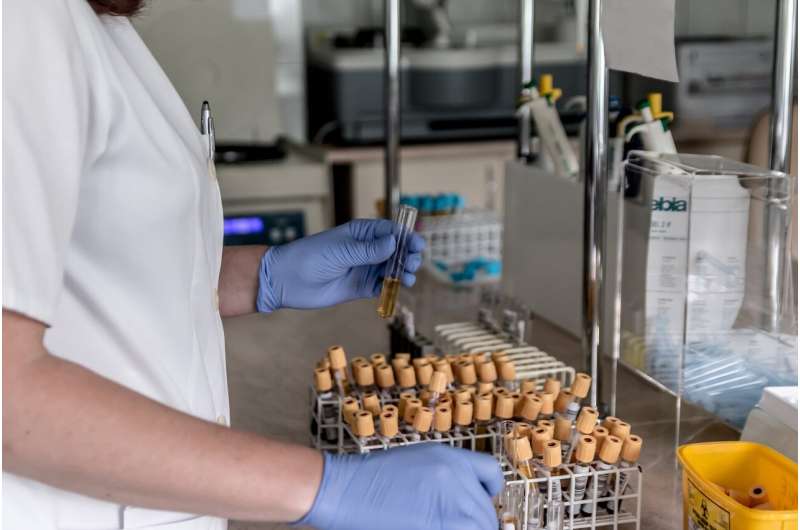
Researchers advance non-invasive cancer detection methods
Researchers at Vilnius University have developed an effective approach to liquid biopsy that contributes to the field of non-invasive cancer detection methods, with significant implications for personalized medicine.
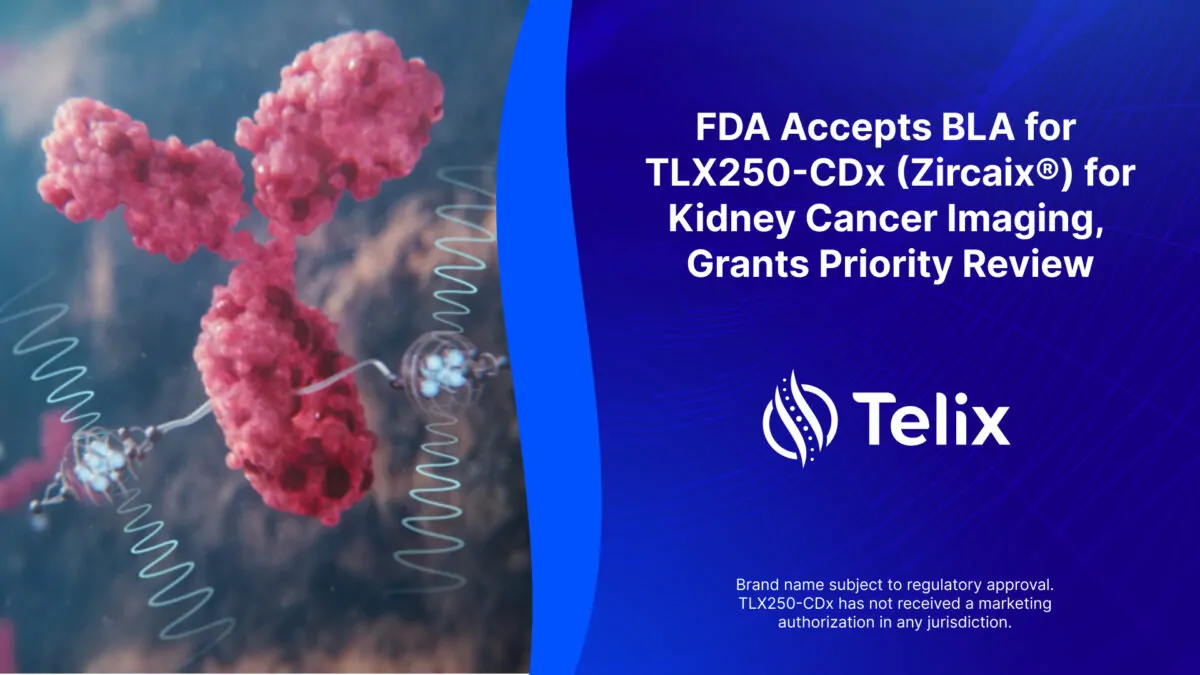
Telix kidney cancer imaging agent granted FDA priority review
Telix today announces that the United States (U.S.) Food and Drug Administration (FDA) has accepted the Biologics License Application (BLA) for its breakthrough investigational kidney cancer PET[1] imaging agent TLX250-CDx (Zircaix®[2], 89Zr-DFO-girentuximab), granted a Priority Review and provided a PDUFA[3] date of 27 August 2025, paving the way for a U.S. commercial launch in 2025.
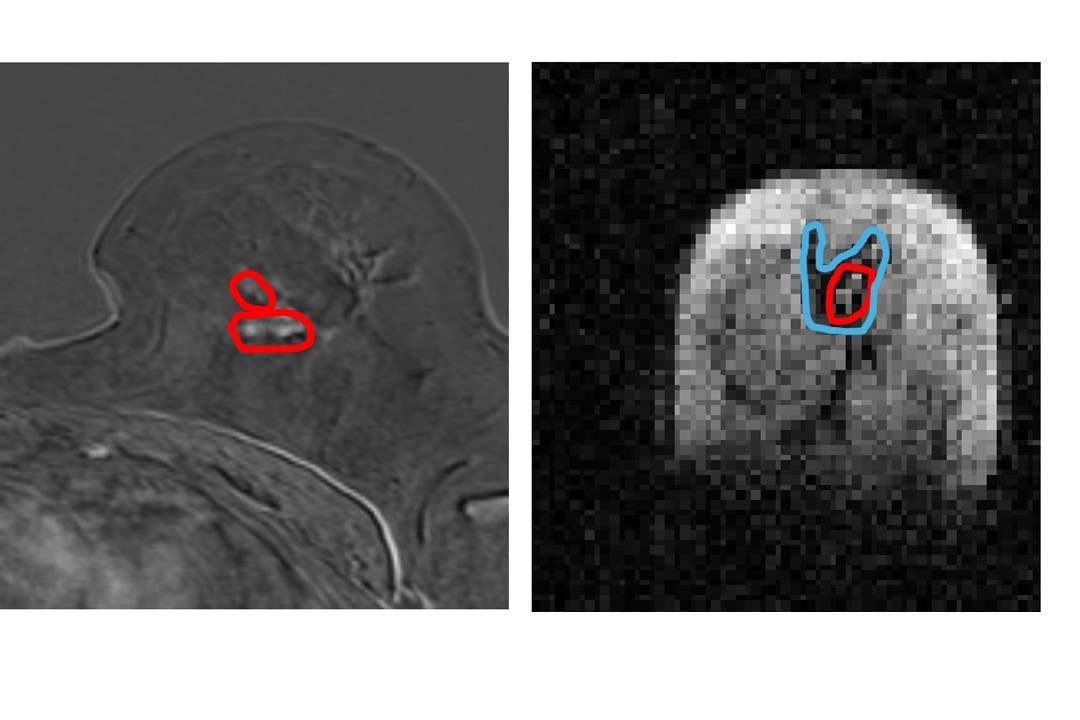
New scanner can see ‘previously undetectable’ cancer spread, research suggests
A new scanner which can distinguish tumour material from healthy tissue more accurately than current methods could change the way breast cancer is diagnosed and treated, researchers have said.

Allegheny Health Network using new robotic tool to diagnose lung cancer
As technology advances in the fight against cancer, Allegheny Health Network is using a new robotic tool to diagnose lung cancer.
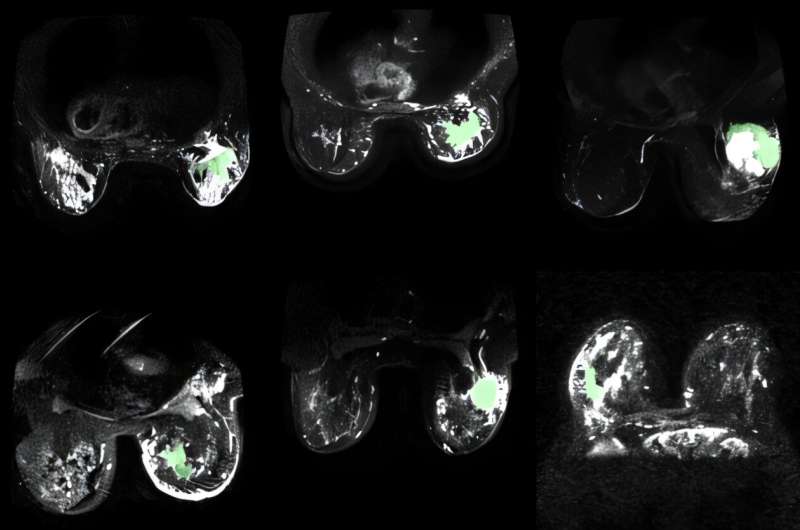
Cancerous breast tissue glows in new AI-enhanced MRI images
Imaging technology developed and refined at the University of Waterloo promises better detection and treatment of breast cancer by more accurately pinpointing cancerous tissue.

Innovative CT scan technique could improve prognosis and treatments for head and neck cancers
Cancers occurring in the mouth, nose, and throat are on the rise in the U.S., especially in younger people. About 60,000 new cases are diagnosed every year, with one in five cases occurring in people younger than 55, according to the American Cancer Society. A new study provides insights that may eventually help oncologists better predict how the disease will respond to certain therapies, leading to improved survival outcomes for patients.

New discovery shows major cause of deadly pancreatic cancer
Pancreatic cancer is one of the deadliest types of cancer. The most common form, called pancreatic ductal adenocarcinoma (PDAC), spreads quickly and is very hard to treat.
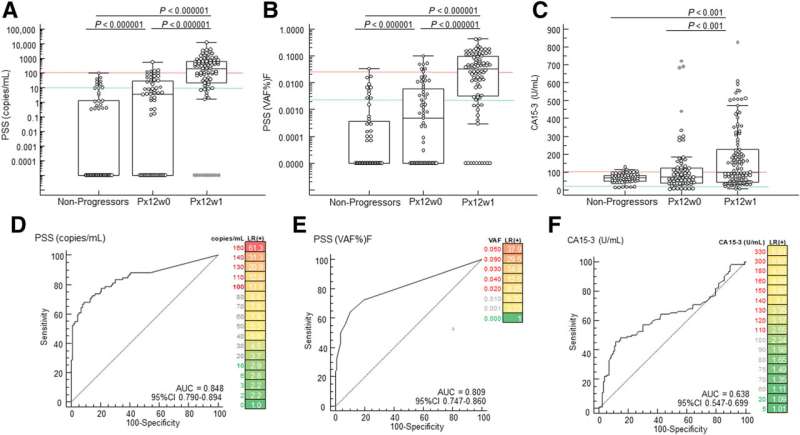
New technique to measure circulating tumor DNA in metastatic cancer may improve surveillance and outcomes
In metastatic cancer surveillance, monitoring the actual concentrations of circulating tumor DNA (ctDNA) may be critical. Researchers showed that absolute ctDNA concentration thresholds can be defined to rule out or predict impending cancer progression.

Novel Drug Shrinks 73% of HER2-Mutant Lung Cancers
All were partial responses to antibody-drug conjugate in Chinese trial






